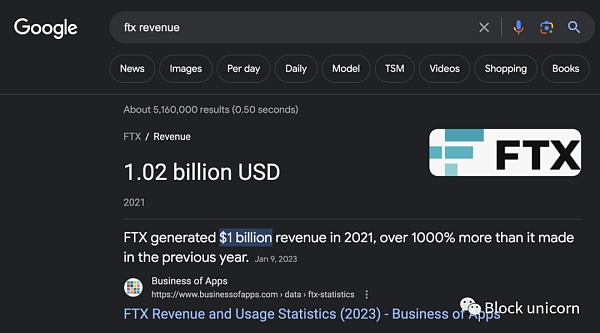Now, it takes 1 BTC to conduct a 51% attack on the BCH network for 1 hour
According to Decrypt's report on April 10, after BCH (Bitcoin Cash) was halved for the first time, the cost of attacking its network for one hour now would cost about $ 7,300 (or 1 bitcoin).

2013 Toyota Camry, 7,000 pounds of pasta, 21-day cruise ship suite, and 1,000 N95 masks. Now, the money to buy these things can carry out 51% attacks on the BCH network for more than an hour. This cloned version of Bitcoin with large blocks was halved for the first time yesterday, and its inflation rate fell from 6.25 per block to 3.125 BCH.
Block rewards are not the only data falling. The hash rate of BCH also continued to decline, continuing the previous downward trend. On February 14, 2020, the hash rate of the BCH network exceeded 5 exahash, which is the highest level the network has generated since November 2019, just before the mass market sell-off pushed cryptocurrency prices down to the levels of early 2017 The hash rate of the network was once as high as 7.8 exahash.
- Featured | Billionaires: Bitcoin's chances of becoming a global reserve currency have increased
- 16 cases from the bottom of the Chinese blockchain platform: the application layer is clearly differentiated
- Mining Monthly Report: The market plunged and the computing power was lowered. Where should miners go?
Now, the hash rate of BCH is within 3.5 exahash, which is a 30% decrease from the figure in mid-February and a decrease of nearly 57% since November 2018. Therefore, it takes less than $ 7,500 to conduct a one-hour 51% attack on this fifth-largest cryptocurrency ($ 5.5 billion) in global market capitalization.
This means that if a malicious participant wants to control 51% of the BCH network's computing power for an hour, they will spend about $ 7,329, or calculate the cost of one bitcoin at today's currency price. In contrast, the current Bitcoin market with a market value of US $ 133 billion has a daily hash rate of 110 exahash and an hourly attack cost of US $ 500,000.
It is no accident that the "mining disaster spiral" that BCH subsequently triggered. Bitcoin analysts have long warned that BCH has made too many repairs to its monetary policy, making it difficult to maintain a stable mining economy.
According to the data platform LongHash previously reported, BCH has launched a mining difficulty adjustment mechanism, which has accelerated the block time of its network. In other words, when BCH was launched in August 2017, the block time of the BCH network became very fragmented and unpredictable, so that the currency base of BCH has exceeded the currency base of Bitcoin itself.
This caused miners to abandon Bitcoin and switch to BCH, because the profit of mining BCH is temporarily higher (this is also the reason why the price of BCH impacted the price of Bitcoin in November 2017). During this period, the number of miners mining BCH has increased.
Now, we are seeing the exact opposite. Since the recent halving of block rewards has made miners unprofitable, the number of BCH miners is declining. The result: within a few hours of the first halving of BCH, the network dug up only one block.
Even Roger Ver, one of the main supporters of Bitcoin and, to some extent, the founder of BCH, is gradually reducing the BCH computing power on his Bitcoin.com mining pool. Since halving, Bitcoin.com's personal computing power has dropped by more than 90%.
This article is authorized to be translated by DecryptMedia.com .
We will continue to update Blocking; if you have any questions or suggestions, please contact us!
Was this article helpful?
93 out of 132 found this helpful
Related articles
- Opinion | The evolution of money in the New Crown epidemic: Cryptocurrencies are becoming more attractive
- The three death spirals of mining: two pictures to understand what happened to Jianan?
- Contribution takes "credit currency", a town in Hangzhou explores a new way of blockchain rural governance
- Viewpoint | The birth of blockchain has financial attributes and is a frontier in the investment field
- Mining companies: Bitcoin mining is basically not affected by the epidemic, and the price is the most worrying
- The central government issued the first element market-oriented configuration file: accelerating the cultivation of the data element market
- Cognitive disruption of front-line practitioners of blockchain: Bitcoin, token economy and DeFi





